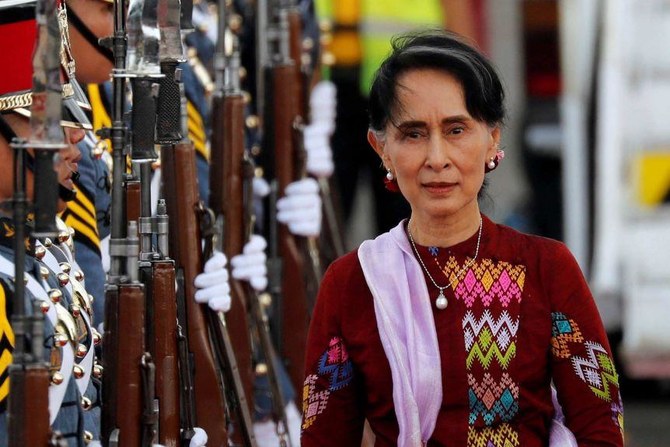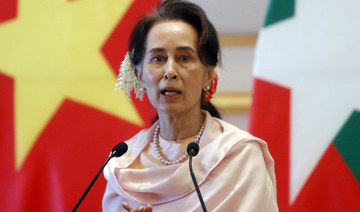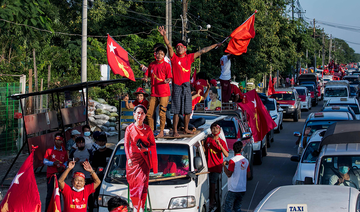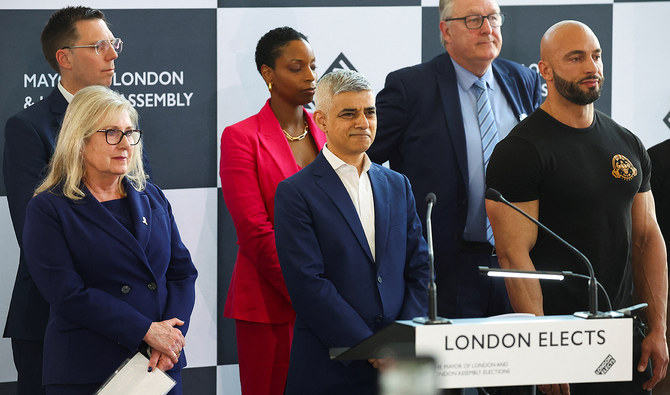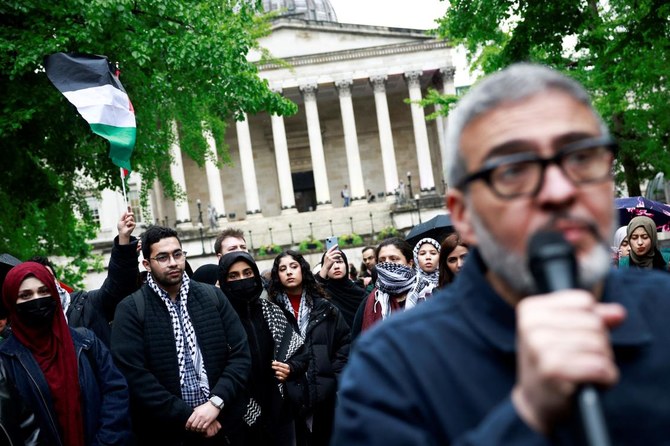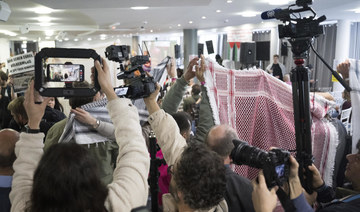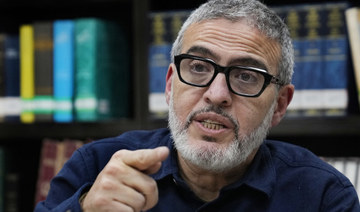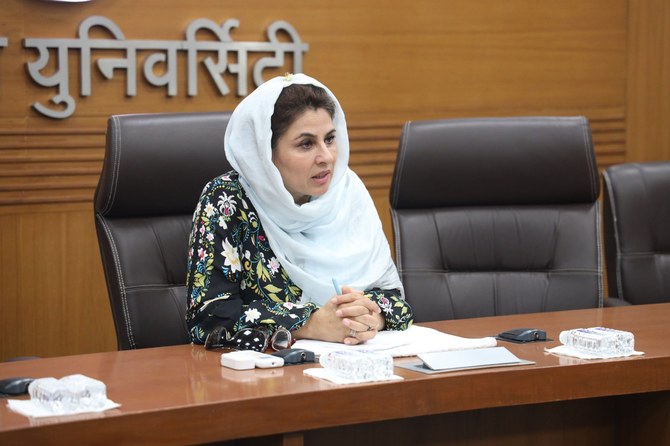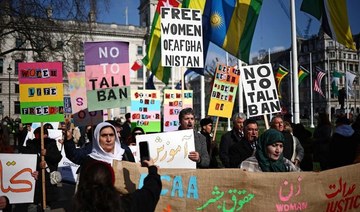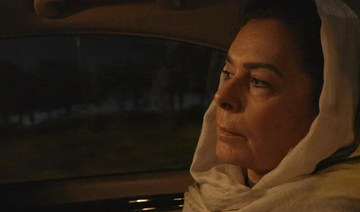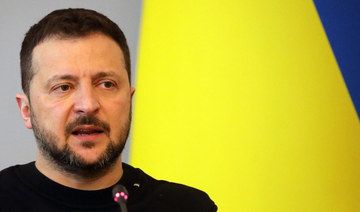Myanmar police have filed charges against ousted leader Aung San Suu Kyi for illegally importing communications equipment and she will be detained until Feb. 15 for investigations, according to a police document.
The move followed a military coup on Monday and the detention of Nobel Peace laureate Suu Kyi and other civilian politicians. The takeover cut short Myanmar’s long transition to democracy and drew condemnation from the United States and other Western countries.
A police request to a court detailing the accusations against Suu Kyi, 75, said six walkie-talkie radios had been found in a search of her home in the capital Naypyidaw. The radios were imported illegally and used without permission, it said.
The document reviewed on Wednesday requested Suu Kyi’s detention “in order to question witnesses, request evidence and seek legal counsel after questioning the defendant.”
Opinion
This section contains relevant reference points, placed in (Opinion field)
A separate document showed police filed charges against ousted President Win Myint for violating protocols to stop the spread of coronavirus during campaigning for an election last November.
Suu Kyi’s National League for Democracy (NLD) won the election in a landslide but the military claimed it was marred by fraud and justified its seizure of power on those grounds.
Reuters was not immediately able to reach the police, the government or the court for comment.
The chair of the ASEAN (Association of Southeast Asian Nations) Parliamentarians for Human Rights, Charles Santiago, said the new charges were ludicrous.
“This is an absurd move by the junta to try to legitimize their illegal power grab,” he said in a statement.
The electoral commission had said the vote was fair.
Suu Kyi spent about 15 years under house arrest between 1989 and 2010 as she led the country’s democracy movement, and she remains hugely popular at home despite damage to her international reputation over the plight of Muslim Rohingya refugees in 2017.
The NLD made no immediate comment. A party official said on Tuesday he had learned she was under house arrest in the capital, Naypyidaw, and was in good health.
The party said earlier in a statement that its offices had been raided in several regions and it urged authorities to stop what it called unlawful acts after its election victory.
Opposition to the junta headed by Army chief General Min Aung Hlaing has begun to emerge in Myanmar.
Staff at scores of government hospitals across the country of 54 million people stopped work or wore red ribbons as part of a civil disobedience campaign.
The newly formed Myanmar Civil Disobedience Movement said doctors at 70 hospitals and medical departments in 30 towns had joined the protest. It accused the army of putting its interests above a coronavirus outbreak that has killed more than 3,100 people in Myanmar, one of the highest tolls in Southeast Asia.
“We really cannot accept this,” said 49-year-old Myo Myo Mon, who was among the doctors who stopped work to protest.
“We will do this in a sustainable way, we will do it in a non-violent way...This is the route our state counselor desires,” she said, referring to Suu Kyi by her title.
The latest coup is a massive blow to hopes that Myanmar is on a path to stable democracy. The junta has declared a one-year state of emergency and has promised to hold fair elections, but has not said when.
The Group of Seven largest developed economies condemned the coup on Wednesday and said the election result must be respected.
“We call upon the military to immediately end the state of emergency, restore power to the democratically-elected government, to release all those unjustly detained and to respect human rights and the rule of law,” the G7 said in a statement.
China has not specifically condemned the coup in its neighbor but the foreign ministry rejected the suggestion that it supported or gave tacit consent to it.
“We wish that all sides in Myanmar can appropriately resolve their differences and uphold political and social stability,” foreign ministry spokesman Wang Wenbin told a briefing.
At the United Nations on Tuesday, its special envoy for Myanmar, Christine Schraner Burgener, urged the Security Council to “collectively send a clear signal in support of democracy in Myanmar.”
But a diplomat with China’s UN mission said it would be difficult to reach consensus on the draft statement and that any action should avoid escalating tension or complicating the situation.
US President Joe Biden has threatened to reimpose sanctions on the generals who seized power.
US Army General Mark Milley, chairman of the Joint Chiefs of Staff, tried but was unable to connect to Myanmar’s military following the coup.
The military had ruled the former British colony from 1962 until Suu Kyi’s party came to power in 2015 under a constitution that guarantees the generals a major role in government.
Her international standing as a human rights champion was badly damaged over the expulsion of hundreds of thousands of Rohingya Muslims in 2017 and her defense of the military against accusations of genocide.




